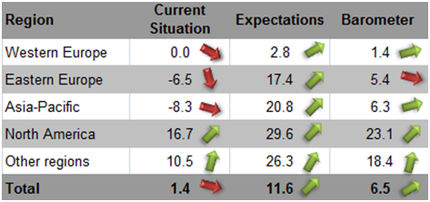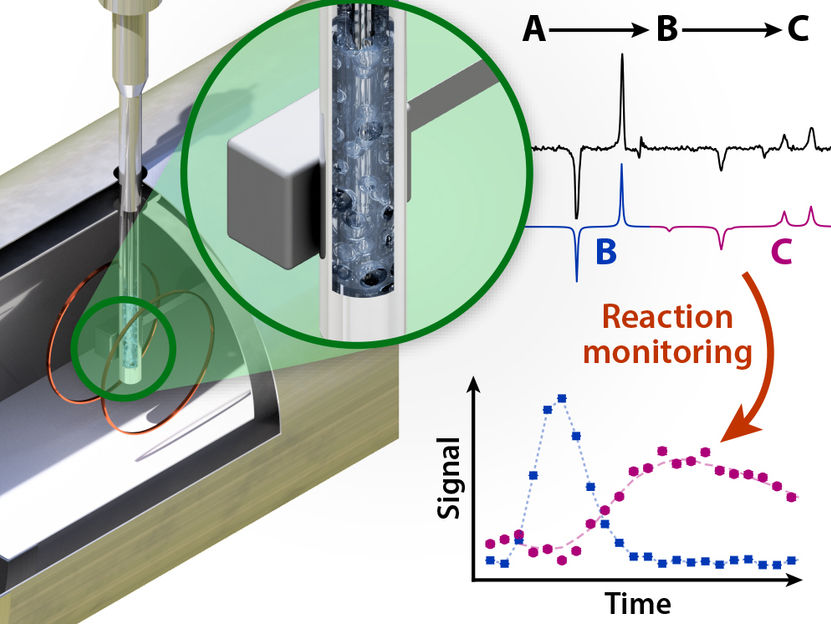Global Vinyl Acetate Monomer Market to Reach US$9.26 Billion by 2020
Advertisement
Transparency Market Research announces the release of a report titled “vinyl acetate Monomer (VAM) Market for Polyvinyl Acetate, Polyvinyl Alcohol, Ethylene-Vinyl Acetate, Ethylene-Vinyl Alcohol and Other Applications - Global Industry Analysis, Size, Share, Growth, Trends and Forecast, 2014 - 2020”. The research report indicates that the global vinyl acetate monomer market was worth US$6.82 billion in 2013, and – expanding at a 4.5% CAGR during the forecast period of 2014 to 2020 – is expected to reach a value of US$9.26 billion by 2020.
The report segments the vinyl acetate monomer market by application and region. Geographically, the vinyl acetate monomer market covers four main regions – North America, Asia-Pacific, Europe, and Rest of the World. In terms of application, the market for vinyl acetate monomer is segmented into ethylene-vinyl acetate (EVOH), polyvinyl alcohol (PVOH), polyvinyl acetate (PVA), ethylene-vinyl acetate (EVA), and others such as vinyl acetate ethylene.
Region-wise, Asia-Pacific led the global demand for vinyl acetate monomer, accounting for more than 40% of the total demand in 2013. Europe and North America followed next, and are anticipated to grow at a relatively slower pace during the forecast period. The Rest of the World region, on the other hand, is projected to witness a consistent demand till 2020. The growing demand for adhesives from industries such as construction, packaging, and furniture has led to a surge in demand for vinyl acetate monomer, thereby driving the global market.
The leading players of the vinyl acetate monomer market include Ningxia Yinglite Chemical Co., Ltd., LyondellBasell Industries, Kuraray Co. Ltd., Japan VAM & POVAL Co. Ltd., China Petroleum & Chemical Corporation, Dairen Chemical Corporation, The Dow Chemical Company, Saudi International Petrochemical Company (Sipchem), Celanese Corporation, and Wacker Chemie AG.
Organizations
Other news from the department business & finance

Get the chemical industry in your inbox
By submitting this form you agree that LUMITOS AG will send you the newsletter(s) selected above by email. Your data will not be passed on to third parties. Your data will be stored and processed in accordance with our data protection regulations. LUMITOS may contact you by email for the purpose of advertising or market and opinion surveys. You can revoke your consent at any time without giving reasons to LUMITOS AG, Ernst-Augustin-Str. 2, 12489 Berlin, Germany or by e-mail at revoke@lumitos.com with effect for the future. In addition, each email contains a link to unsubscribe from the corresponding newsletter.
























































